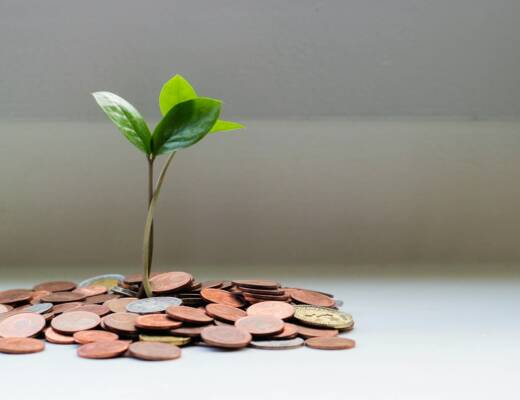![reality-check[1]](https://www.under30ceo.com/wp-content/uploads/2012/04/reality-check1-e1334339385620.jpg) 2 years of work… $1 billion payout…
2 years of work… $1 billion payout…
In an instant, this became the dream of thousands of young, enthusiastic entrepreneurs. Instagram was founded in 2010. They built a relatively simple photo sharing application, gained traction, raised capital, continued to grow, found a buyer (Facebook) at just the right time, and cashed out big time. Sounds easy right?
There are now thousands of young entrepreneurs saying, “all it takes is one big hit, let’s create the next Instagram!”
There are a few reasons that I am begging you NOT to try to create the next Instagram.
1. Gaining Traction is Not Easy Nor is it Guaranteed – Instagram was able to gain traction early, and in this fast paced world of consumer technology, a graph demonstrating hockey stick growth is everything. The problem is, gaining the kind of traction that Instagram was able to do is not easy, and it isn’t done simply through hard work. You can’t gain traction through a Techcrunch article. You can’t gain traction simply by raising capital. In order to attain hockey stick growth everything has to come together just right, like it did for Instagram. I believe that Instagram’s traction/exponential growth in the photo sharing market is what ultimately allowed the company to attract investors and attract a buyer.
For further reading: I love this post by Brendan Baker from AngelList about how to communicate traction to investors.
2. What if There is No Buyer – Another reason why I believe you should not try to replicate the Instagram model is simple. What if there is no one willing to buy your company? If Instagram was not purchased by Facebook or another company, I don’t think they would have been in business in 5 years. At the time of acquisition, Instagram had no business model. They didn’t generate a single dollar in revenue. This is clearly an unsustainable model. In the case of Instagram it all worked out, but there are countless other companies who have started to grow, had no business model, no buyer, and couldn’t raise another round of investment, so they were forced to shut their doors. This is an incredibly risky way to start a business, and I wouldn’t recommend it unless you can afford to lose everything.
Now with that in mind, go out and change the world!
About the Author: Adam Hoeksema is the Founder of ExecutivePlan. ExecutivePlan helps entrepreneurs write business plan executive summaries in order to raise capital. You can access our free executive summary template here.




